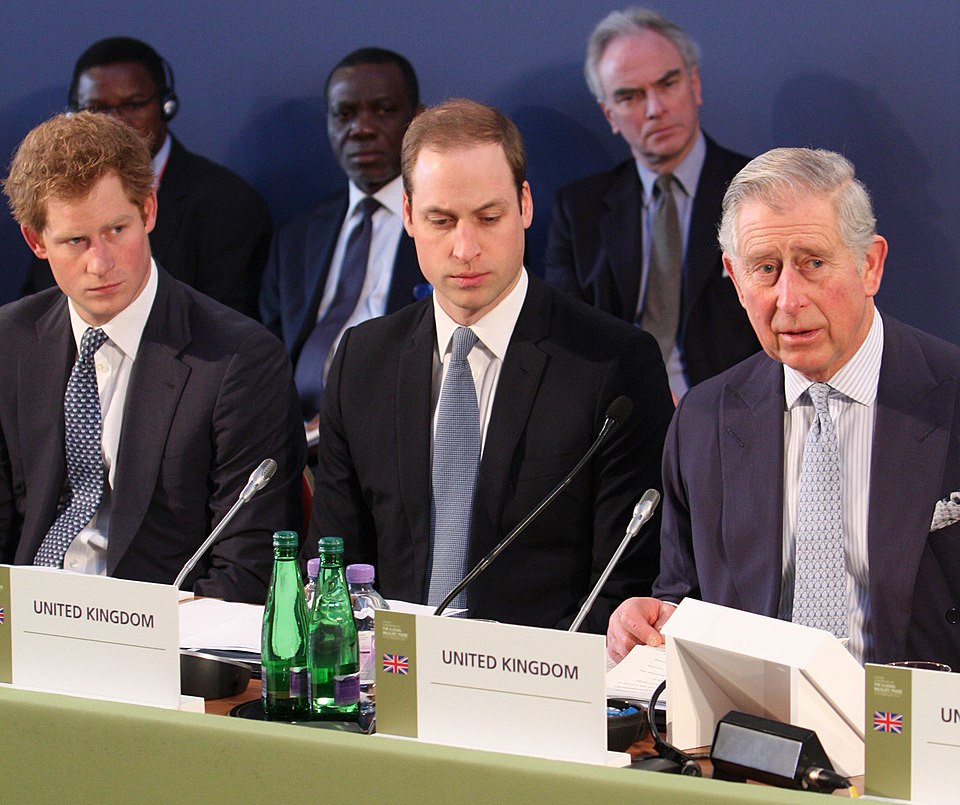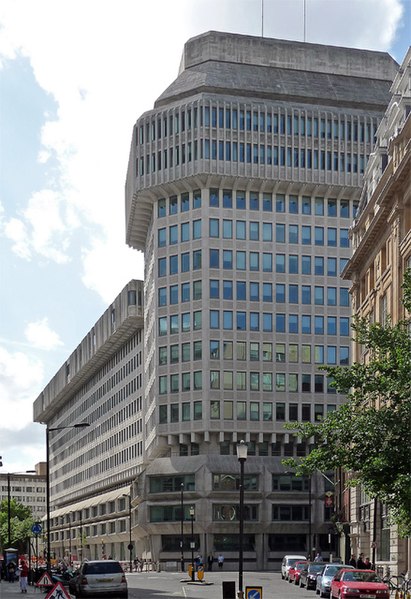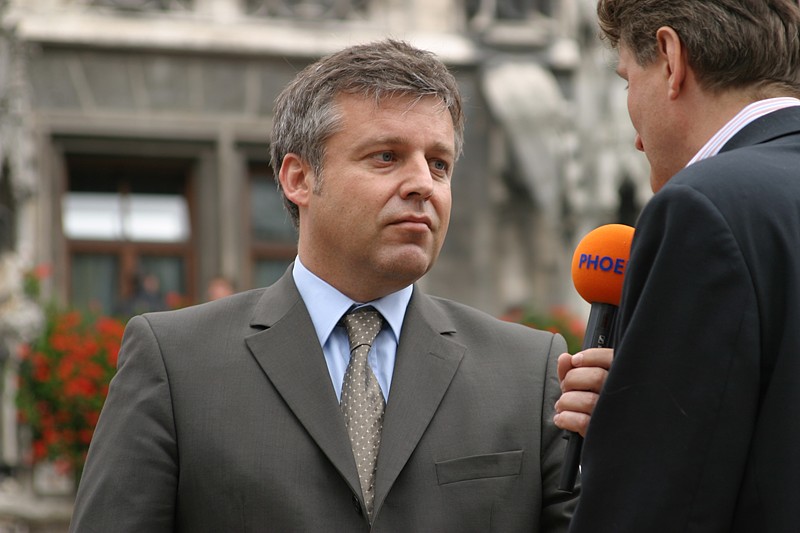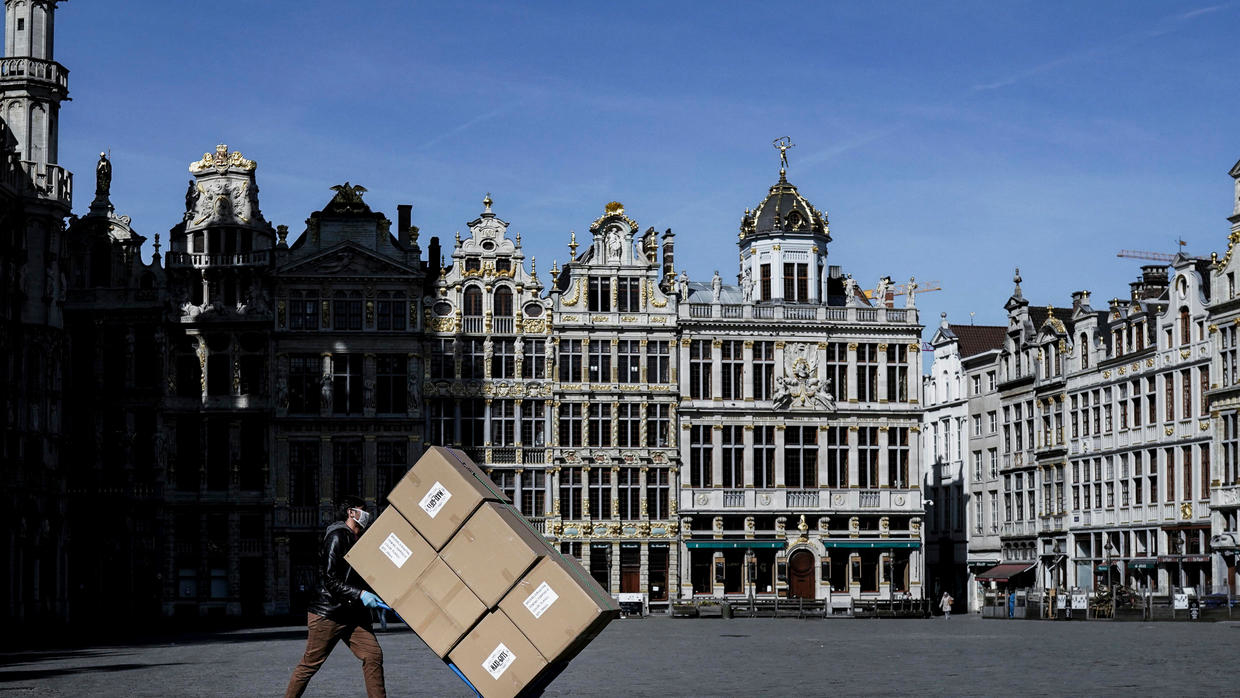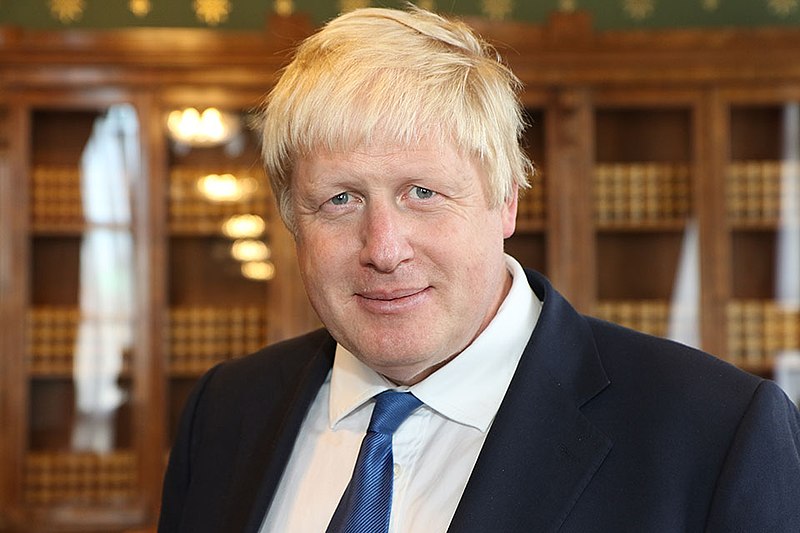
The landscape of Swiss politics sees a significant shift as the Revolutionary Communist Party (RKP) emerges, marking the return of communism after more than eight decades.
Over 300 participants convened at the founding congress of the RKP in Burgdorf, Canton Bern, over the weekend, reinstating the presence of a communist party since its prohibition in 1940.
The congress, spanning from Friday to Sunday, witnessed impassioned declarations from political secretary Dersu Heri, heralding the resurgence of revolutionary communism. Drawing inspiration from contemporary global crises such as the climate emergency, the Covid-19 pandemic, imperialist conflicts, and economic inflation, a new generation has embraced revolutionary ideals, according to statements from the RKP.
A total of 342 individuals, including students, workers, and pupils, engaged in the founding congress, with ten officially joining the party and nearly 100 expressing interest. With an initial membership base of 320, the RKP aims to double its ranks within a year.
Expressing solidarity with the pro-Palestine movement, the RKP underscored its support for ongoing protests and university occupations across Switzerland. Advocating for the cessation of support to Israel's military endeavors, the party emphasized its stance with the slogan "no cent, no agreement, and no support for Israel's war machine."
Looking ahead, the RKP plans to establish the "Revolutionary Communist International" at a forthcoming conference scheduled from June 10th to 15th. The party perceives the global proliferation of pro-Palestine sentiments as a precursor to an imminent revolutionary surge.
The original Communist Party of Switzerland, established in 1921 with approximately 6,000 members, faced governmental prohibition in 1940 due to its advocacy for a violent overthrow of the government, rather than its ideological stance. While bans on extremist organizations were lifted in 1945, the majority of former communist party members had integrated into the Social Democratic Party (SP) by 1943. Subsequent failed merger attempts with the SP led to the emergence of the Workers Party (PdA) in 1944, representing a new collective movement among communists. Photo by rotemliss, Wikimedia commons.







